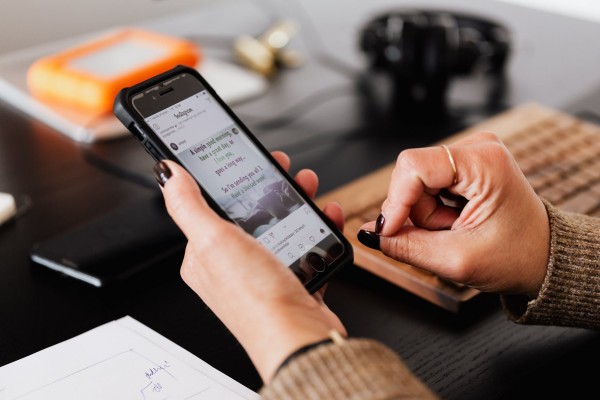(openPR) Hackers can use Wi-Fi names to find your home address and steal your information.
As of January 2021, there are 4.66 billion internet users worldwide, 92.6% of whom are connected to the internet via WiFi on their mobile phones. However, very few people know that a WLAN cell phone can reveal a person’s place of residence.
All it takes to know your home address is your WiFi name. There are public websites like Wigle.net that heat Wi-Fi hotspots on the map. If someone types your WiFi name into the Wigle search bar, they can see where you live In. Daniel Marcuson, a digital security expert at NordVPN, explains that once hackers know your address, they can connect to your router more easily and steal your data.
How does the mobile phone reveal the name of the WiFi?
A cell phone is always looking for trustworthy Wi-Fi networks. This means that as soon as someone approaches their home or workplace, the device automatically connects to the network that is there. While this is convenient, the phone also reveals a lot of valuable information by constantly sending out “Join Requests.”
“There are apps that can collect the names of all Wi-Fis in the area, including those of your home network. The data is then sent to websites like Wigle.net, where the WLAN name is assigned to the location,” says Daniel Marcuson. “In fact, it is not necessary to install the application on your device – it is enough if your neighbor owns it and receives the signal from your home network.
Can hackers know the home address?
Thanks to the combination of “membership requests” and Wigle data, hackers only need the name of the WLAN to know where the owner lives. There are many possibilities for that.
Criminals can call or pretend to be your ISP and request a WiFi name, or they can send a phishing email on the pretext of having to verify the connection details. Another option is to use a Wi-Fi scanner, which records the join requests sent by devices.
“Hackers can hide these scanners under a park bench or under a table at your favorite coffee shop, or just carry them in a backpack,” says Daniel Markuson of NordVPN. Without you noticing, the scanner passively records all WiFi connection requests in the vicinity.
In order to see the requests the scanners picked up, hackers then use certain software. So you can see all the local WiFi networks, see which devices are connected to them and which devices are looking for trustworthy networks.
“With information like this, connecting to a Wi-Fi router is much easier. Securing the router is critical. As the central point of contact for every device in your home, the router controls who can access your home network. If a malicious person can connect to it, They can hack your phone, steal your files, spy on your online activities, and even steal your identity,” warns Daniel Marcusson.
How can you protect yourself?
As intimidating as it sounds, Daniel Markuson says there are ways to protect yourself, most of which don’t even require a lot of technical knowledge.
- Change your phone’s WiFi settings or turn them off. Even if the phone is already connected to a Wi-Fi network, it will still search the area for other networks. The easiest way to change this is to either adjust the settings or turn off Wi-Fi checking entirely. You can still manually connect to the saved Wi-Fi network without re-entering the password.
- Change the WiFi signal strength. To prevent WiFi from appearing on hotspot maps, you can reduce the signal strength. You’ll get a better signal if your router is in an open area and not in your closet. But the signal doesn’t have to be strong enough for your neighbors to use the router.
- Use a VPN on your WiFi router. A VPN can encrypt your traffic on any device connected to your home network. It encrypts all the data online so that hackers who intercept it cannot do anything with it. This way, criminals cannot access your data even if they manage to hack the router.

“Devoted gamer. Webaholic. Infuriatingly humble social media trailblazer. Lifelong internet expert.”





